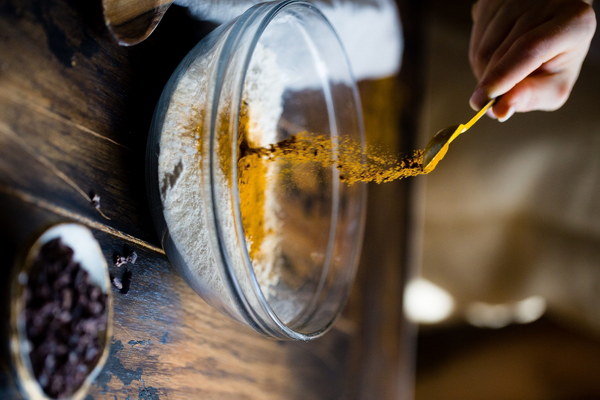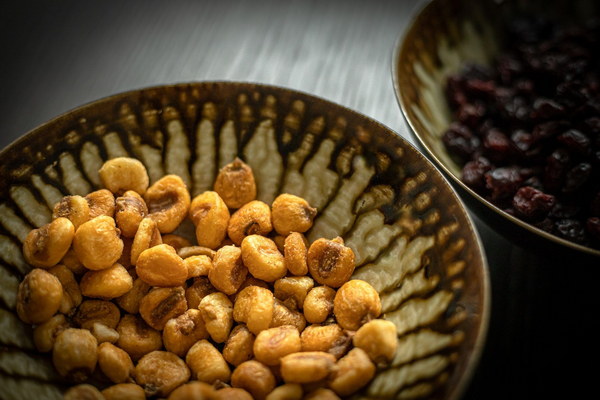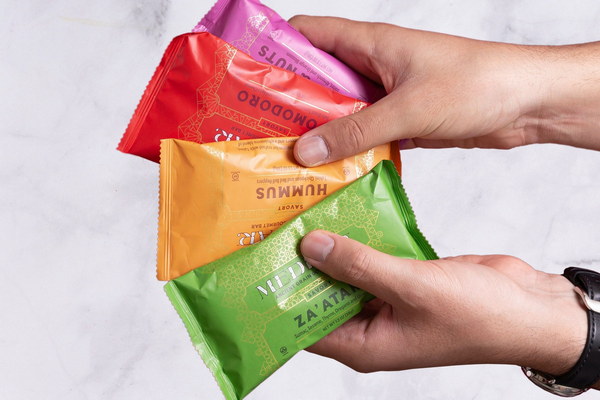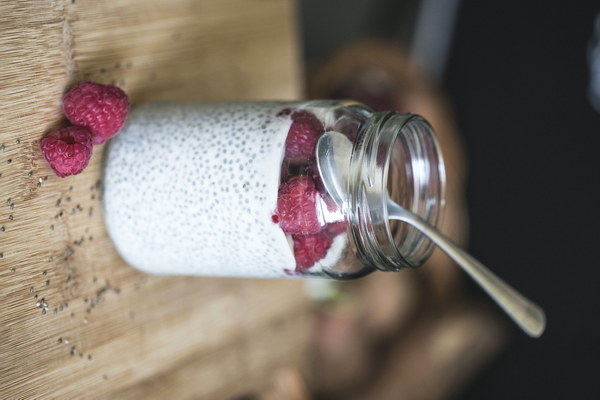Spice Up Your Health How Spicy Foods Can Ward Off Cold and Dampness
In the depths of winter, when the cold and dampness seem to seep into every nook and cranny, many turn to spicy foods to warm themselves up. But did you know that eating spicy foods can actually do more than just give you a fiery kick? It turns out that the capsaicin in chili peppers, the compound responsible for the heat, has a number of health benefits that can help you fight off the chill and dampness that winter brings. Here's how spicy foods can help you stay warm and dry this season.
1. Increase Body Temperature:
When you eat something spicy, your body responds by producing more heat. This is because the capsaicin in chili peppers triggers the release of endorphins, the body's natural painkillers, which also have a warming effect. This increase in body temperature can help to ward off the cold, especially when you're feeling chilled and damp.
2. Boost Metabolism:
Spicy foods can also give your metabolism a boost. The heat from the chili peppers increases your body's metabolic rate, which means you burn more calories. This can be particularly beneficial during the winter months when it's easier to pack on the pounds due to less physical activity and a tendency to eat more hearty, high-calorie foods.

3. Improve Circulation:
The heat from spicy foods can also improve blood circulation. By dilating blood vessels, capsaicin helps to increase blood flow throughout the body, which can help to keep you warm and prevent the cold and dampness from settling in. Improved circulation can also help to reduce the risk of conditions like Raynaud's disease, which can cause cold hands and feet.
4. Reduce Inflammation:
Inflammation is a common problem during the cold and damp months, and it can exacerbate symptoms of colds, flu, and other respiratory conditions. Spicy foods, however, have anti-inflammatory properties. The compounds found in chili peppers can help to reduce inflammation in the body, which can help to alleviate symptoms and speed up recovery.
5. Enhance Immune System:
The antioxidants found in chili peppers can help to boost your immune system, making it more effective at fighting off winter bugs. These antioxidants can help to protect your cells from damage, reduce oxidative stress, and improve overall health.
How to Incorporate Spicy Foods into Your Diet:
Now that you know the benefits of spicy foods, how can you incorporate them into your diet? Here are a few ideas:
- Add chili peppers to soups, stews, and chili.
- Sprinkle chili flakes or powder on roasted vegetables or salads.
- Use hot sauce on eggs, sandwiches, or tacos.
- Try making your own spicy condiments, like a garlic chili paste or a curry powder.
Remember to start with a small amount of spice and gradually increase as you become more accustomed to the heat. Also, be mindful of any underlying health conditions that may be exacerbated by spicy foods, such as gastrointestinal issues or heartburn.
In conclusion, spicy foods can be a wonderful addition to your winter diet. Not only do they provide a delicious and fiery kick, but they also offer numerous health benefits that can help you stay warm, dry, and healthy during the coldest months of the year. So, don't shy away from the heat this winter—embrace it, and let the power of spicy foods work their magic on your body.









